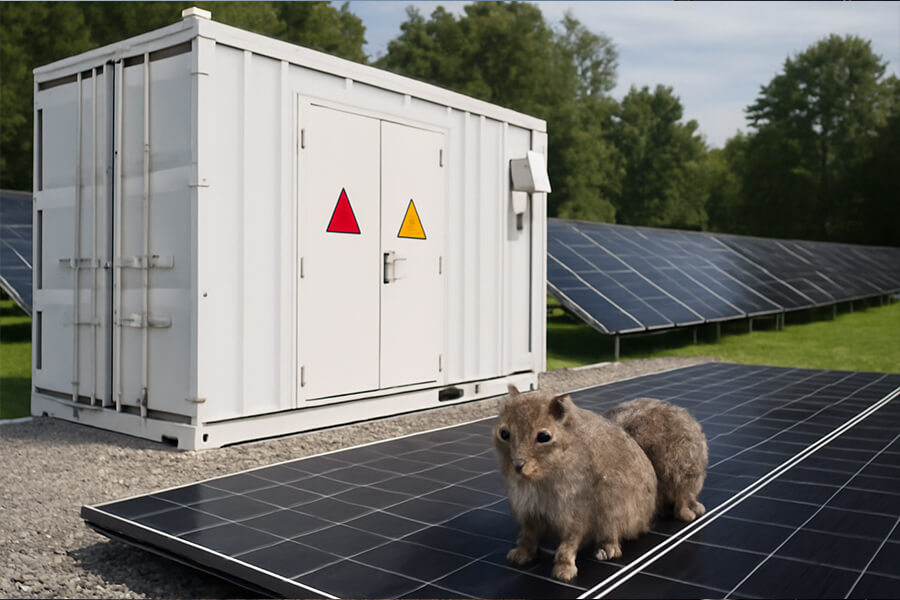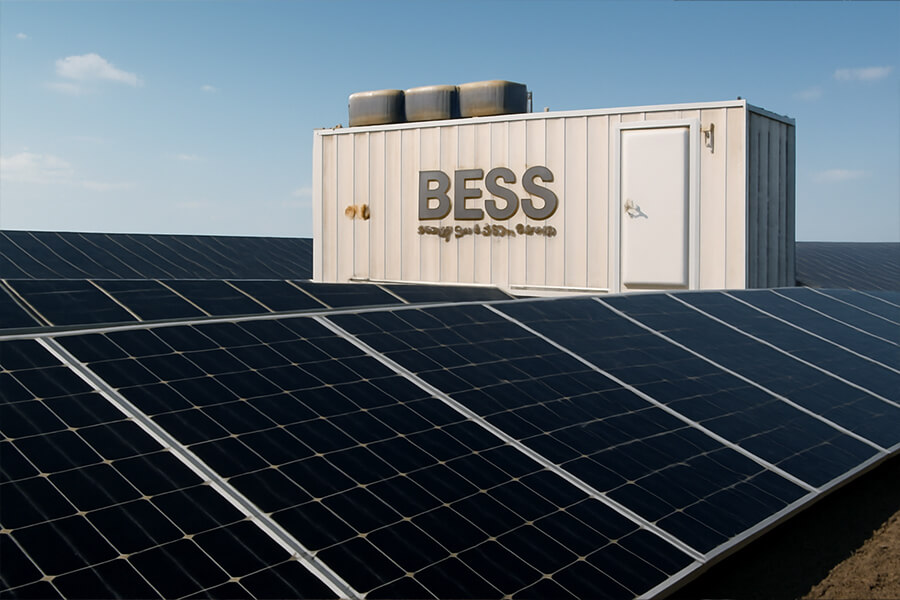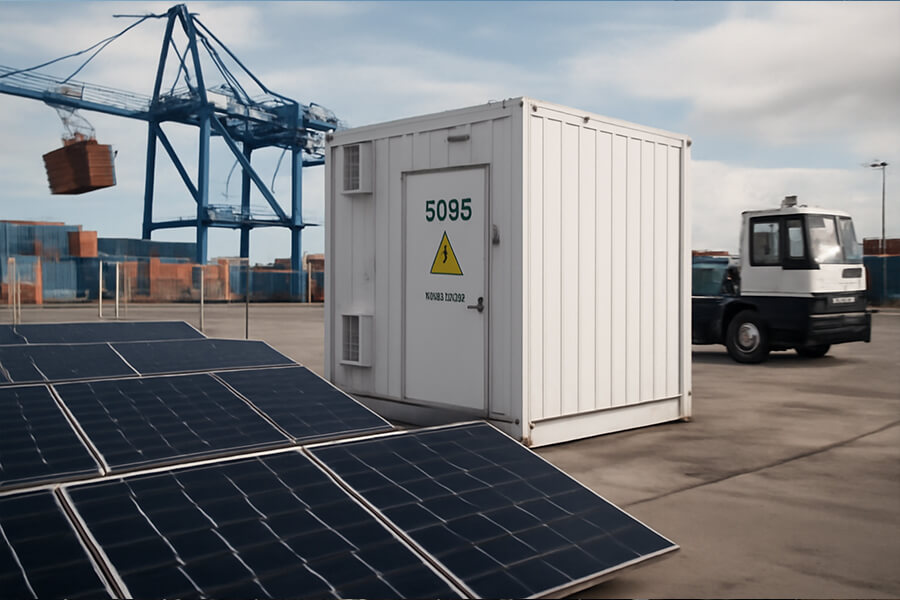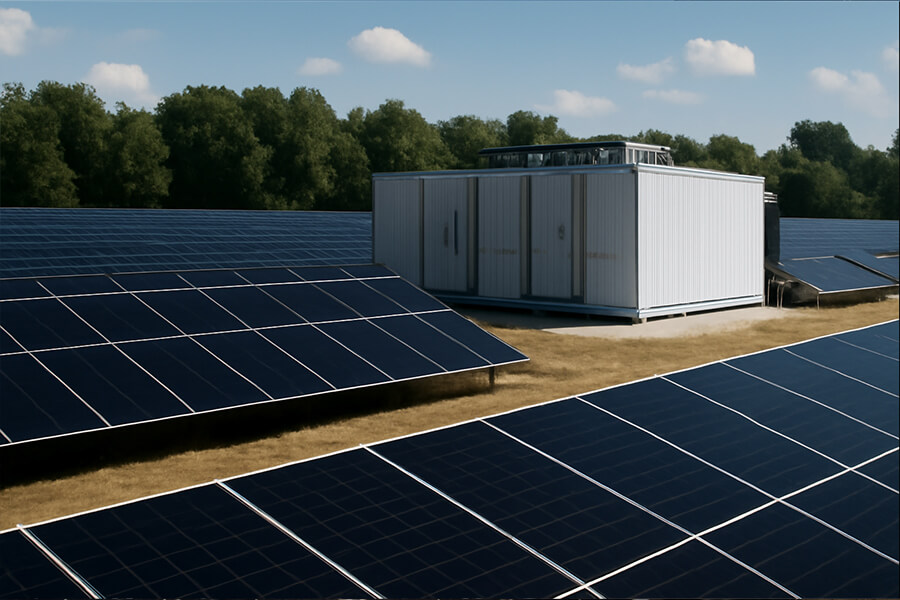Introduction
In times of crisis and emergencies, access to reliable power can be a matter of life and death. Whether it’s a natural disaster, grid failure, or a remote location with no access to conventional electricity, off-grid systems emerge as crucial emergency backup power sources. This article delves into the importance of off-grid systems as a lifeline during emergencies and their ability to provide essential power when it’s needed the most.
Reliability in Natural Disasters
Uninterrupted Power Supply: Natural disasters such as hurricanes, tornadoes, and earthquakes can lead to widespread power outages. Off-grid systems equipped with solar panels and energy storage provide uninterrupted power supply during and after these events, ensuring that essential appliances and medical equipment continue to function.
Emergency Communication: Communication is vital during disasters to coordinate relief efforts and keep people informed. Off-grid systems power communication devices, allowing people to stay in touch with loved ones, authorities, and emergency services.
Medical Facilities: Hospitals and medical facilities rely on a consistent power supply to operate life-saving equipment. Off-grid systems enable these facilities to maintain critical services, preventing life-threatening disruptions during emergencies.
Grid Failures and Blackouts
Resilience During Grid Failures: Grid failures and blackouts can occur for various reasons, including equipment malfunctions, overloads, or cybersecurity threats. Off-grid systems serve as a dependable backup power source, ensuring that businesses, homes, and essential infrastructure continue to operate.
Economic Continuity: For businesses, the ability to maintain operations during a grid failure is essential. Off-grid systems help businesses avoid revenue losses, safeguard perishable goods, and minimize downtime.
Remote and Rural Areas
Access to Essential Services: In remote and rural areas with limited or no access to conventional electricity, off-grid systems are often the only source of power. They enable access to essential services such as healthcare, education, and communication.
Disaster Preparedness: Remote communities are often more vulnerable to natural disasters. Off-grid systems enhance disaster preparedness by providing reliable power for emergency services, evacuation operations, and disaster response.
Energy Independence
Reduced Dependence on Fossil Fuels: Many backup generators rely on fossil fuels, which can be in short supply or inaccessible during emergencies. Off-grid systems, powered by clean and renewable energy sources, reduce the environmental impact and eliminate dependence on fuel deliveries.
Sustainability: Off-grid systems contribute to sustainability by using renewable energy sources. This aligns with global efforts to combat climate change and reduce greenhouse gas emissions, even during emergencies.
Challenges and Considerations
Initial Investment: While off-grid systems offer numerous benefits, they require an initial investment. Ensuring that essential emergency services and infrastructure are equipped with these systems may require financial planning.
Battery Capacity: The capacity of energy storage batteries in off-grid systems can be limiting. During prolonged emergencies, it may be necessary to ration power or have backup power sources, such as generators, to supplement energy storage.
Maintenance and Monitoring: Regular maintenance and monitoring are crucial to ensure the reliable operation of off-grid systems. This can be challenging during emergencies, making robust and well-maintained systems essential.
Conclusion
Off-grid systems as emergency backup power sources are invaluable in times of crisis. They provide uninterrupted power supply during natural disasters, offer resilience during grid failures, and ensure that remote and rural areas have access to essential services. Moreover, they reduce dependence on fossil fuels, contributing to sustainability and environmental conservation. While there are challenges and considerations, the importance of off-grid systems in safeguarding lives and property during emergencies cannot be overstated. These systems represent a lifeline when conventional power sources fail, underscoring their significance in disaster preparedness and response efforts.
If you want to customize your own photovoltaic solution today, please contact us.




